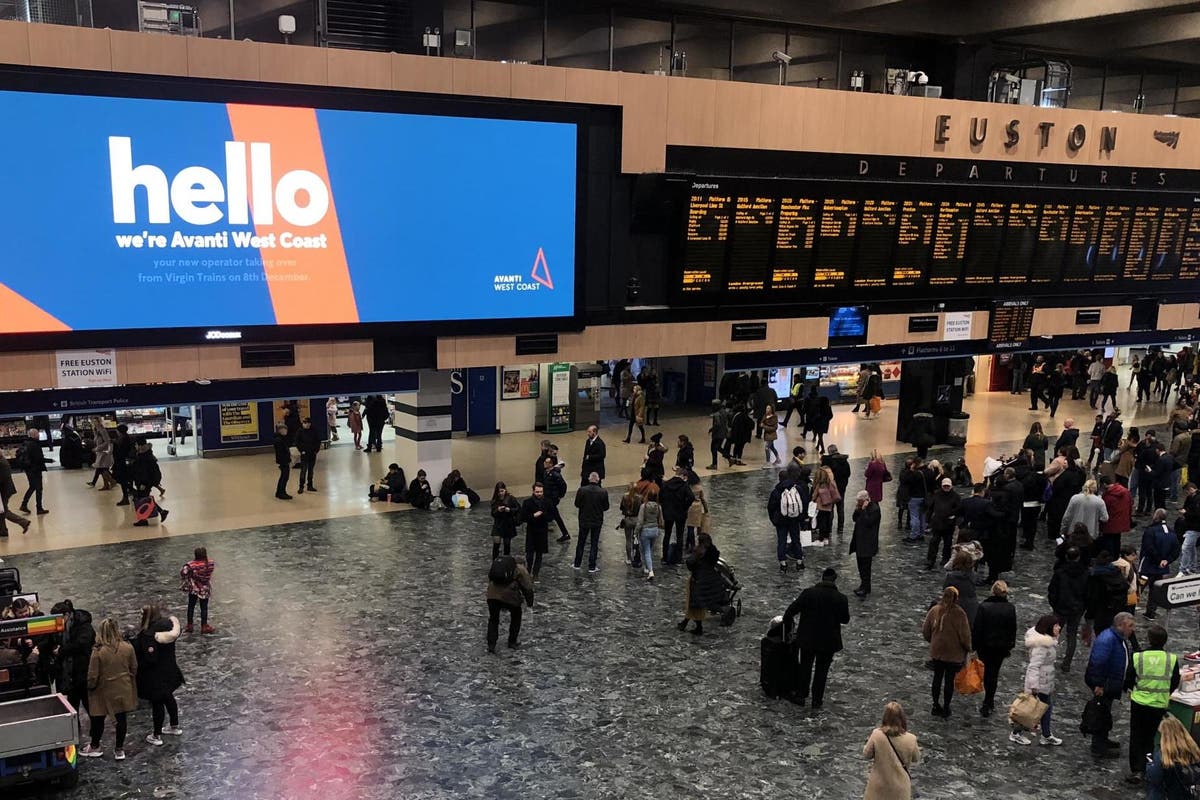This website uses cookies so that we can provide you with the best user experience possible. Cookie information is stored in your browser and performs functions such as recognising you when you return to our website and helping our team to understand which sections of the website you find most interesting and useful.

Simon Calder, also known as The Man Who Pays His Way, has been writing about travel for The Independent since 1994. In his weekly opinion column, he explores a key travel issue – and what it means for you.
“People who rely on our railways have been very badly let down by the whole system.”
That scathing criticism is as true today as it was exactly four years ago, when the Transport Select Committee made it.
The cross-party committee of MPs, chaired at the time by Labour’s Lilian Greenwood, reported on the shambles of the May 2018 timetable change. You might recall that two key rail firms, Thameslink and Northern, introduced radical new schedules even though they did not have the staff in the right places with the right training to run them. Things were so bad that, for a time, a steam-hauled train was deployed to connect Windermere with the rest of the rail network.
Nobody took charge, the Transport Select Committee concluded, with Network Rail, the Department for Transport (DfT) and the Office of Rail and Road (ORR) also culpable.
On 3 December 2022, the outlook for rail passengers is equally bleak. The advent calendar of industrial action has already brought two days of strikes on East Midlands Railway, with the biggest sustained stoppages since 1989 planned by the RMT union for before Christmas and after the new year. They will walk out on 13-14 and 16-17 December, with a repeat pattern starting on 3 January, and an overtime ban neatly straddling the festive season.
Even “business as usual” is pretty grim in some parts of the country, with Avanti West Coast and TransPennine Express running reduced timetables and many other train operators hit by staff shortages. But listening to this week’s rail debate in the Commons made me wonder who had been running the railways since 2010.
In an “Urgent Question”, Louise Haigh, the shadow transport secretary, asked Huw Merriman, the rail minister, to “make a statement on rail cancellations and services, in particular across the north and nationwide”.
Ms Haigh, Labour MP for Sheffield Heeley, described “a sub-standard service” with “delays, cancellations and overcrowding”. She accused ministers of rewarding “the abject failure of the operators”.
Then, many Conservative MPs piled in. Avanti West Coast was particularly subject to a kicking. Chris Clarkson, representing Heywood and Middleton in Greater Manchester, said: “As far as I can tell, the schedule is currently designed using a tombola.”
Sara Britcliffe, from nearby Hyndburn in Lancashire, said: “Delays and cancellations are the norm. Customers are being charged unreasonable prices for a very poor service.”
Jo Gideon, down the line in Stoke-on-Trent, said: “The services do not run on time and the ticketing is shoddy. If someone gets on a train, they cannot have a cup of coffee because the machines do not work, and there is overcharging. Everything to do with the Avanti rail service is appalling.”
That is unlikely to encourage the good people of the Potteries to take a train rather than the car.
Sir Edward Leigh, his colleague representing Gainsborough in Lincolnshire, demanded “Action this day!” for LNER to run a through service from London via Market Rasen to Cleethorpes, “so that we can take the pressure off TransPennine Express”.
In south Essex, “signal failures, overrunning engineering works and rush-hour queues to buy tickets” are the norm on the c2c line, according to Southend West MP Anna Firth.
More widely, John Penrose, Tory MP for Weston-super-Mare, said: “We cannot go on as we are.”
And the Somerset Conservative Ian Liddell-Grainger demanded action not just on trains but on the places at which they stop: “Can we please look at the way that stations are run in this country?”
With imminent industrial action to contend with, as well as his colleagues on the Tory benches, Mr Merriman invoked the season of goodwill.
“I urge everybody to think about what more they can do in the spirit of compromise,” he implored. “It is Christmas; I would urge settlement.”
Let us hope everybody is listening.



 Africana55 Radio
Africana55 Radio 
